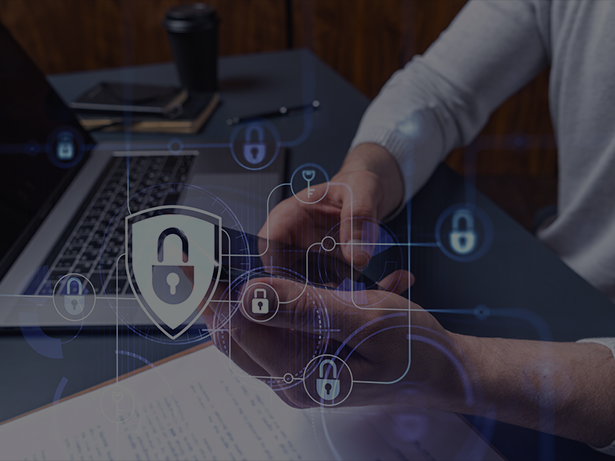Scams and Cyber Threats
Scams 101 - What you should knowScams can target anyone around us across all backgrounds, ages and income levels. It is crucial to acknowledge that no one group of people are more likely to become a victim of a scam. All of us may be vulnerable to fraud at some time. As technology advances, scammers are getting smarter and taking advantage of new products or services and major events. They create convincing stories to deceive you into giving them your money or personal information. Scams come in various forms, including, but not limited to:
Click here to find more information about the common methods that scammers use.
What you can doIf you believe you have become a victim of a scam, you may still be able to stop scammers in their tracks. Here's what you can do:
If you're worried or you’ve noticed a suspicious transaction, call us immediately on 1300 36 2000. |
Report a Scam |
-
Report a hoax email
Send an Email -
Know more about online security
Learn More





